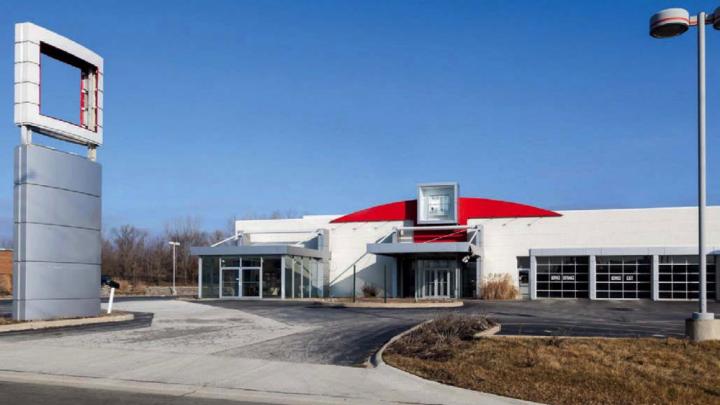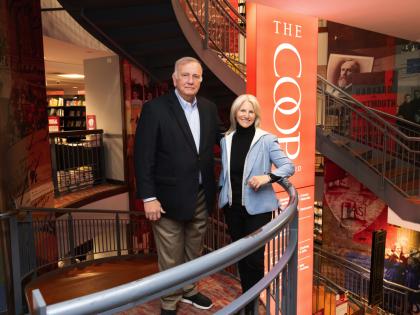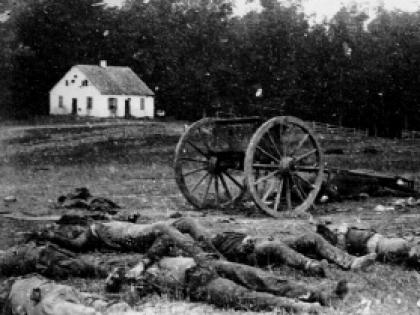Nicholas Lemann ’76—past dean of Columbia Journalism School, New Yorker staff writer—has an uncanny ability to reveal society’s undercurrents through smaller stories (standardized testing, selective admissions, etc., in The Big Test: The Secret History of the American Meritocracy; the flight of rural blacks toward opportunity up North, in The Promised Land: The Great Migration and How It Changed America). In Transaction Man: The Rise of the Deal and the Decline of the American Dream (Farrar, Straus and Giroux, $28), he traces dislocations in the political economy to developments during the New Deal, at Harvard Business School, and on Wall Street. His point of departure, in the prologue, is a car dealership.
On May 15, 2009, FedEx dropped off an ominously slender package from General Motors at the parts department at D’Andrea Buick, on the South Side of Chicago.…The parts department got the package to Nick D’Andrea, the owner, a strutting bantam rooster with a broad chest, a head of curly white hair, and sharp eyes that move around, taking everything in. He tore it open and found out that he was out of business.
What was happening? The world was falling apart.…General Motors…had gone bankrupt. It meant that the whole dense, built-up web of arrangements that gave some protection to a small one-store auto dealer like Nick was null and void. President Barack Obama had appointed a “car czar,” a guy from Wall Street…and he had decreed that in exchange for its $50 billion in government bailout money, GM, along with Chrysler, which was also bankrupt, would have to close more than a thousand dealerships all over the country.…The letter told Nick to sell his inventory and close his store in a month.
Nick had lived his whole life in Chicago. He thought he knew how life was supposed to work: it was far from perfect, but at least it was understandable. Loyalty, being straight with people, and maintaining connections was everything.…GM used to send a guy around to visit D’Andrea Buick every so often—a good guy, who could see how well Nick was running the dealership. Then the Internet came along, and the visits were replaced with teleconferences. At one of the teleconferences it was announced that GM was going to start combining several brands into single dealerships; Buick was going to be put together with Pontiac and GMc trucks.
…[I]n 2007 the company gave [Nick] an ultimatum: do this, or your business will be in jeopardy, because we control your supply of cars and…the franchise that lets you operate as a GM dealer. So Nick, who’d been proud to operate a debt-free dealership, borrowed money—from GM’s credit company, GMAC—and bought out the Pontiac dealer. Then he had to get a “floor plan”—another loan, also from GM—to stock his dealership with new Pontiacs. And he had to renovate the building, using a GM-approved architect, again with money borrowed from GM. By the time he reopened, he was in debt to GM for close to a million dollars…and he had mortgaged both the dealership and his house.
Nick started selling Pontiacs along with Buicks in August 2008. In September, the financial crisis hit. On the South Side of Chicago, everybody buys cars with borrowed money—but suddenly you couldn’t borrow….Then, in October, Nick got a letter from GM saying that in a few months it was going to terminate Pontiac as a brand.








